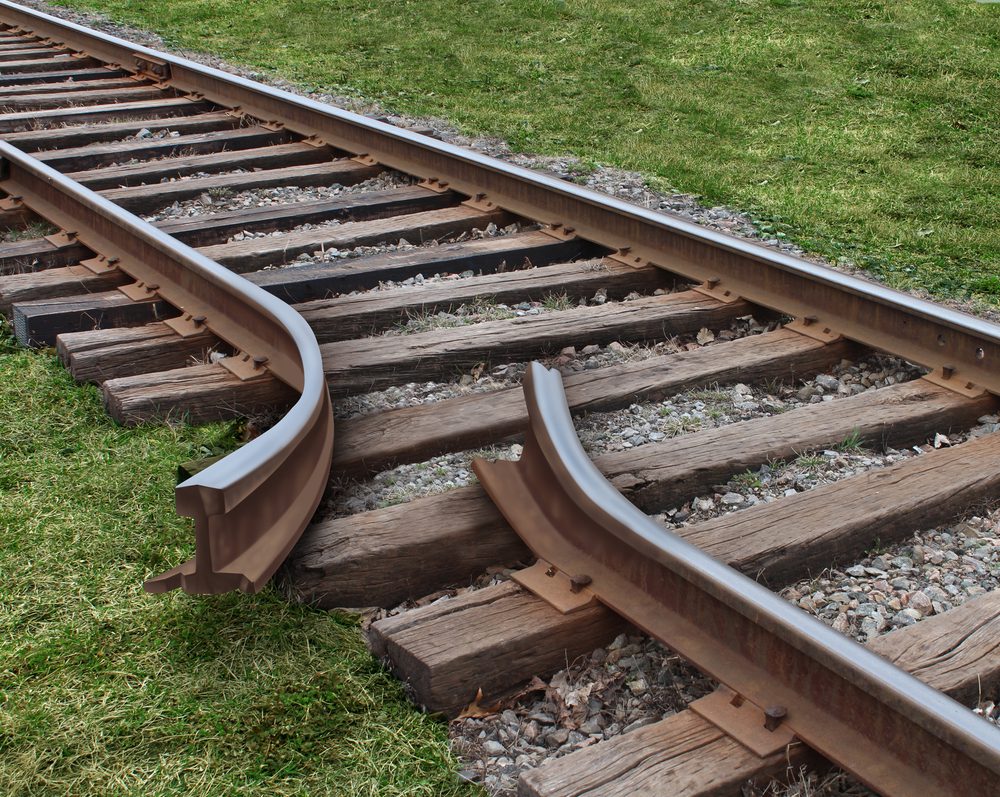
On Saturday, October 8th, experienced users of the German railways were met with the familiar routine of a morning delay. This time, however, it wasn’t the company’s fault, but an act of sabotage that caused all train traffic in northern Germany to come to a halt. Unknown perpetrators intentionally cut the fiber-optic cables that carried out digital communication between trains and control centers in two separate places in North-Rhine Westphalia and Berlin, leaving thousands of passengers stranded at train stations for hours.
These cables are, according to investigators, a “central point of connection between trains and the infrastructure,” and the German railways concluded that this act of sabotage required “special knowledge” of the systems. Investigators are now trying to find out whether this was politically motivated sabotage from within Germany, or from the outside.
The Tagesschau news quoted Manuel Atug, member of AG KRITIS, an independent work group for improving IT security and resilience of critical infrastructure, as saying: “It could be anybody, from military or secret services to conspiracy theorists.” His colleague Michael Wiesner, also a member of the AG KRITIS, hinted at the attack having been “a test run” in order to see the results from this kind of sabotage. He also insinuated that there may be a connection to the sabotage of the Nord Stream pipelines, as well as the destruction of the Crimean bridge.
Politicians are now demanding that the protection of critical infrastructure needs to be improved. The head of the German Greens, Omid Nouripour, said that “[Minister of the interior] Nancy Faeser must come up with a legislative proposal as soon as possible.” MP Thorsten Frei of the christian-democratic CDU, however, emphasized that “now is not the time to speculate, but to investigate,” adding that “regardless of this specific case, we must rethink the security systems in Germany and the EU. The new age of hybrid warfare demands adjustment of our concepts.”
Even General Carsten Breuer of the German Bundeswehr warned that “each transformer station, each power plant, each pipeline” may soon be targeted. And while Secretary General Bijan Djir-Sarai of the liberal FDP said that “political extremism and international conflicts are increasingly endangering our infrastructure,” he admitted it wasn’t clear yet who was behind the sabotage.
Anton Hofreiter, MP of the Greens, went even further and speculated that “we cannot exclude the possibility that Russia may also be behind the attack on the railway system.”
For Hofreiter, the railway sabotage, as well as the attack on the Nord Stream pipelines, could both be “warning shots” fired because Germany supports Ukraine. The Green politician did admit, however, that in the past such acts of sabotage were performed by left-wing extremist groups, but argued against this theory, as these groups usually claim responsibility for the attacks they perpetrate. This time, that is not the case. Also, the fact that “very specific knowledge” was necessary to perform this act of sabotage, leads Hofreiter to believe “foreign powers” were to blame.
